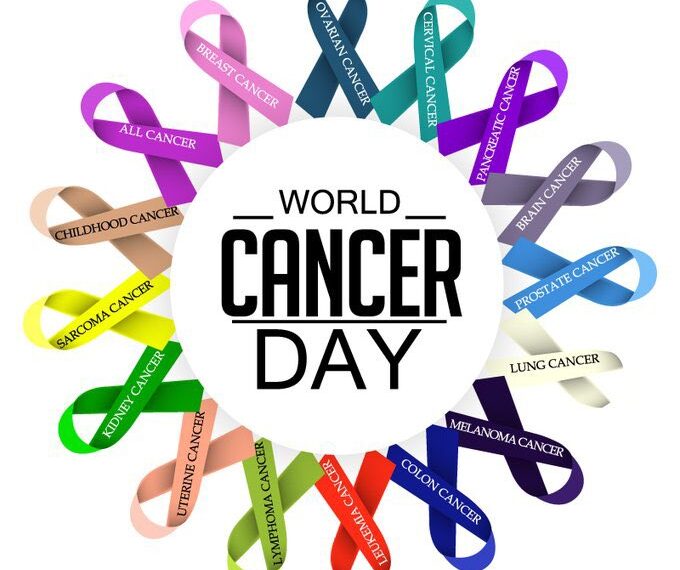World Cancer Day (WCD) held every 4th February is the global uniting initiative led by the Union for International Cancer Control (UICC). The 2024 commemoration marks the final year of the World Cancer Day campaign ‘Close the Care Gap’, which started in 2022. The campaign challenges those in power to prioritise cancer care and ensure access to treatment for all.
The UICC said by raising worldwide awareness, improving education and catalysing personal, collective and government action, it is collaborating with other stakeholders to reimagine a world where millions of preventable cancer deaths are saved and access to life-saving cancer treatment and care is equitable for all, no matter who and where.
The WCD was created in 2000 and has grown into a positive movement for everyone, everywhere to unite under one voice to face one of our greatest challenges in history.
“The last year of our campaign is all about bringing attention to a higher level—literally. We will raise our voices to engage our leaders. Now that we have knowledge and a united community by our side, we are ready to shake the very foundations of injustice—to become lifelong advocates fully equipped to push for lasting change.
“Together, we will make sure our leaders know that we demand a commitment to prioritising cancer, to creating innovative strategies designed to confront inequity and to investing our resources to achieve a just and cancer-free world. We will call on leaders to eliminate health inequities by addressing their root causes, ensuring that everyone has access to quality health services when, where, and how they need them,” WCD wrote on its website.
Cancer, a generic term for a large group of diseases, can affect any part of the body. It is characterized by the rapid creation of abnormal cells that grow beyond their usual boundaries and can invade adjoining parts of the body, leading to metastasis—the spread of cancer to other organs. Widespread metastases are the primary cause of death from cancer. Most of the common cancer cases globally are breast cancer, lung cancer, colon and rectum cancer, prostate cancer, skin (non-melanoma) cancer and stomach cancer.
Early detection and effective treatment play a crucial role in improving survival rates.
In Nigeria, the journey to secure funding for cancer patients has been challenging due to limited resources and inadequate facilities. However, there have been notable initiatives and efforts to address this critical issue.
Project Pink Blue is a non-governmental organisation (NGO) dedicated to helping cancer patients access treatment by raising funds for them. It utilises social media channels to raise funds directly from concerned individuals and donors. Project Pink Blue collaborates with local and international partners to support cancer patients. They have been able to provide financial assistance for some patients.
Nigerian Cancer Health Fund (CHF), also provides funding for cancer treatments, chemotherapy, and radiation therapy services. It is available for people with breast, cervical, and prostate cancers. The CHF is being piloted in designated centers across Nigeria.
There have been efforts to improve access to healthcare services for cancer patients. Organisations, governments, and healthcare providers are working toward ensuring better care and support.
In other to close the care gap and ensure equitable access to cancer care actionable measures need to be taken. The Government needs to prioritise patient-centric care and allocate resources for cancer research. Support studies on prevention, treatment, and survivorship. There is also the need to encourage collaboration among researchers globally and collect accurate data on cancer incidence, prevalence, and outcomes.
Furthermore, to develop and implement national cancer control plans, whereby they address prevention, early detection, treatment, and palliative care. The continued advocacy for universal health coverage, ensuring financial protection for cancer patients, and removing barriers to accessing quality care by all cancer patients.
The government should establish and expand cancer screening programmes by learning from successful models in other countries. Such models should be tailored to local contexts. There is also the need to focus on early detection and timely intervention, which will help bridge the gap in cancer care, reduce disparities, and improve outcomes for all individuals.
The UICC said the ‘Close the Care Gap’ multi-year campaign has helped create more exposure and engagement, more opportunities to build global awareness and ultimately more impact.
